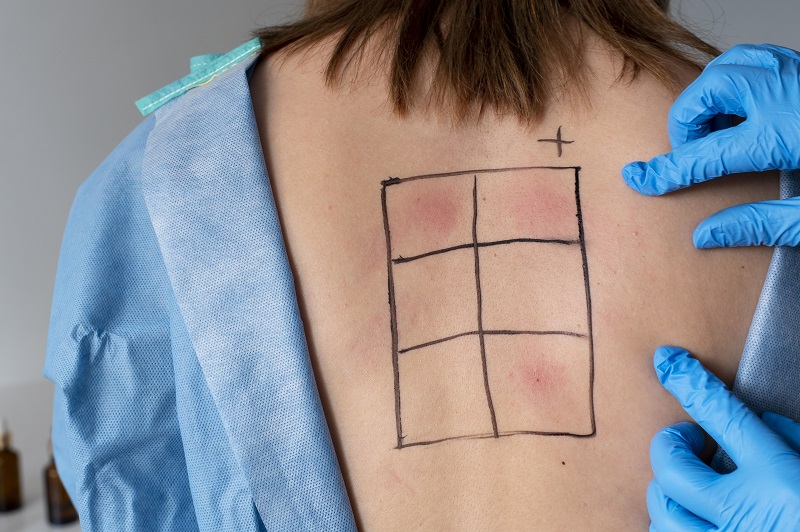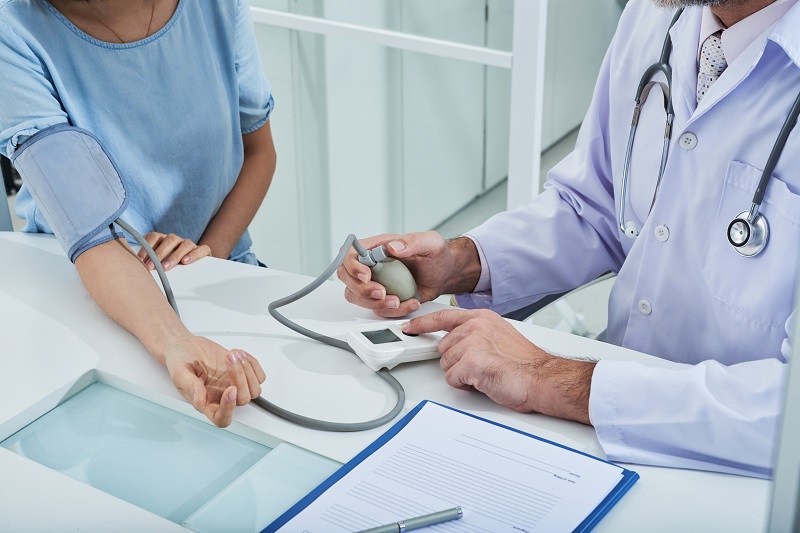The Buyt Desk
Atrial Fibrillation is also known as AFib or AF. It is a condition when the heartbeat becomes irregular. In normal conditions, heart muscles contract and relax to maintain a constant supply of blood in the body. In atrial fibrillation, the upper two chambers of the heart beats irregularly.
According to the reports, about 63% of people suffering from AFib do not consider it a serious condition.
But if you or your loved one is suffering from AFib, it becomes imperative to know the risk associated with the condition, how treatment can save a life, and how to treat it.
How Does Atrial Fibrillation Feel? Patients Describe
‘My heart skips a few beats, and it feels like banging against my chest wall. I feel it more while taking stairs or bending”
“I was feeling weak, nauseated, and light-headed. Sometimes it was like struggling to catch breathe”
“I had no symptoms but found out about AFib during my regular checkups. Glad I found that, and now I am ok.”
What Are The Risk Involved With AFib?
Even though 67% of people suffering from AFib do not consider it a serious concern, AFib is risky and life-threatening.
The rapid change in the heartbeat can weaken the heart muscles, which can become a reason for heart failure. In some cases, the heart begins pumping more than enough blood in organs, which becomes a reason for heart failure, fatigue, fluid buildup in the feet and legs.
Due to irregular contraction of the heart muscle, clot forms that travel to the brain and cause stroke.
How Is AFib Diagnosed?
Doctors identify the sign of AFib through regular physical checkups. The test, like an electrocardiogram (EKG or ECG) gauges the electrical signal of the heart. A few tests are also there to monitor the heartbeat frequency.
What Are The Symptoms Of AFib?
Atrial fibrillation has multiple symptoms, and some are so light that it confuses people. However, the common symptoms are
-
Lack of energy or fatigue
-
Uneven pulse
-
Shortness of breath
-
Weakness
-
Sweating
-
Increase frequency of urination
-
Nausea, dizzy and lightheaded
How To Check The Signs Of AFib?
Many gadgets are present that you can use to check your heart activity. These are
Heart Rate Tracker – These are the gadgets you can wear on your wrist as a bracelet or watch, and this will track your heart rate through the monitor attached to it. A patch stuck on the chest is a better alternative than others.
Heart-Smart Watches – The smartwatch app tracks the heartbeat with a flashlight. The light picks up the variation in blood flow. When the app witnesses any change in blood flow, it alerts you that you have the sign of AFib.
If you think you have any sign of AFib, the next thing you must do is book an appointment with your doctor. The doctor can diagnose it and suggest the right medicine to you.







